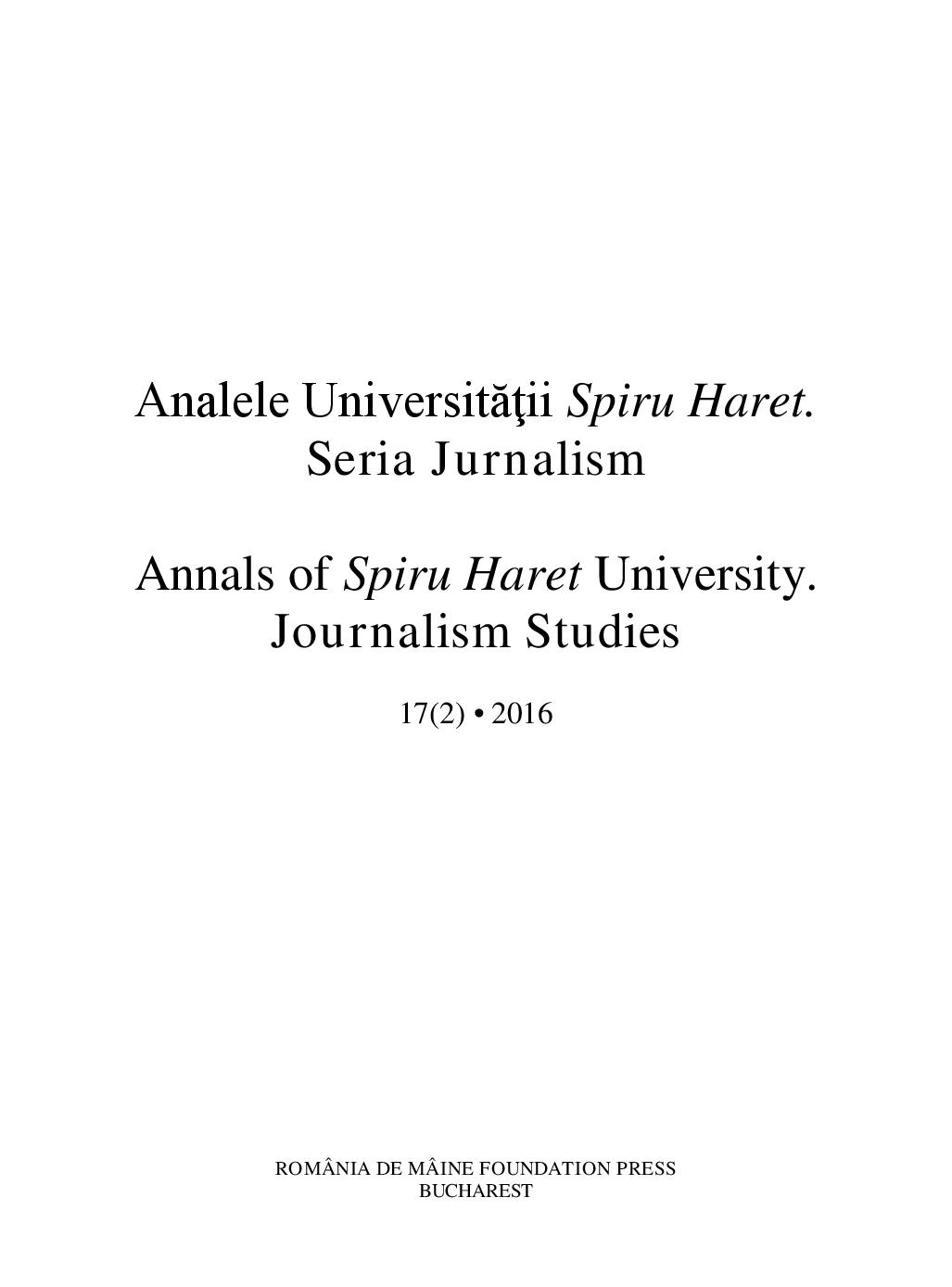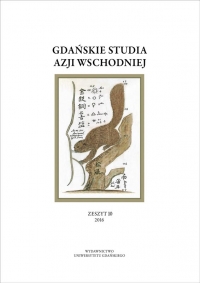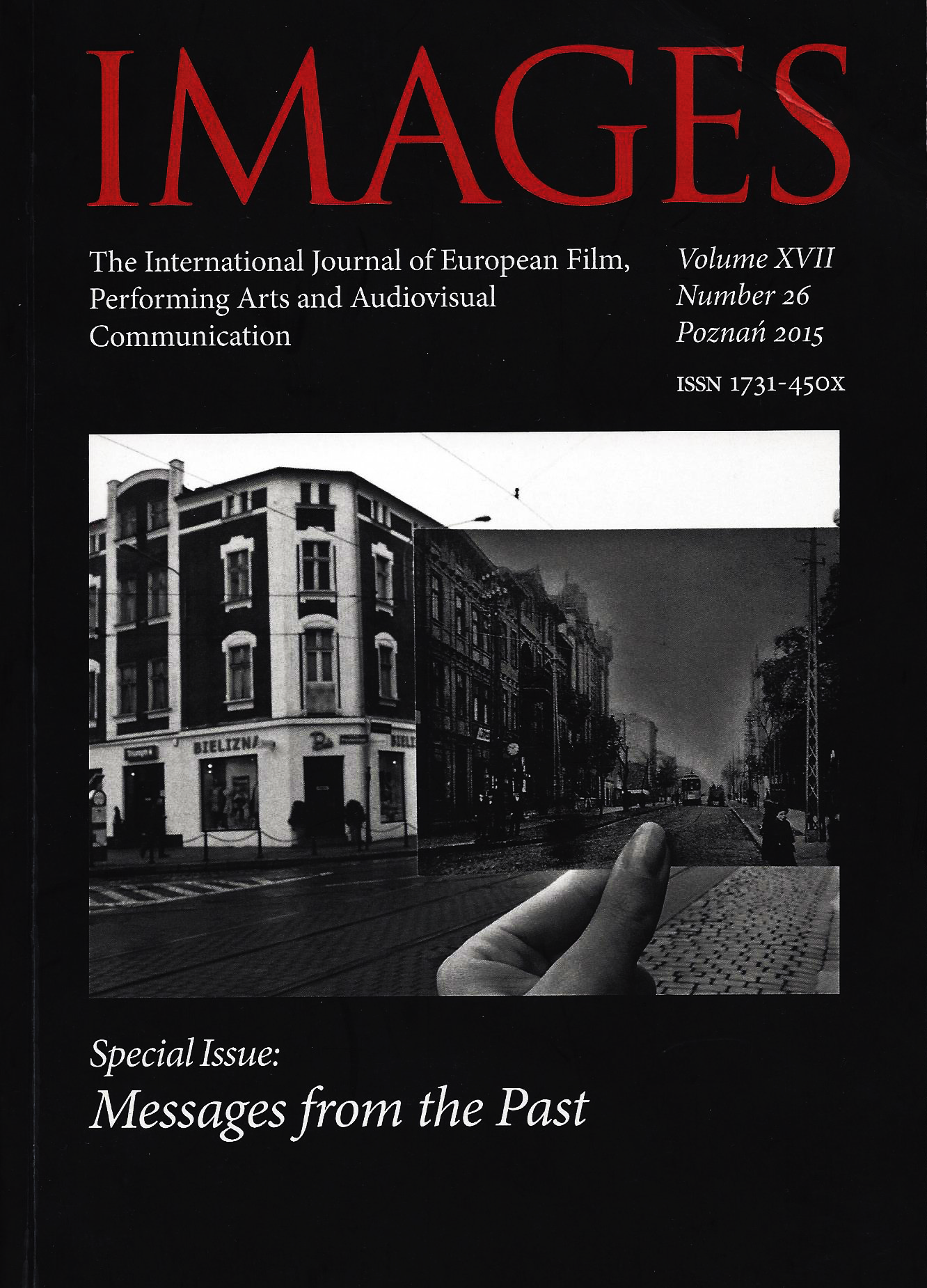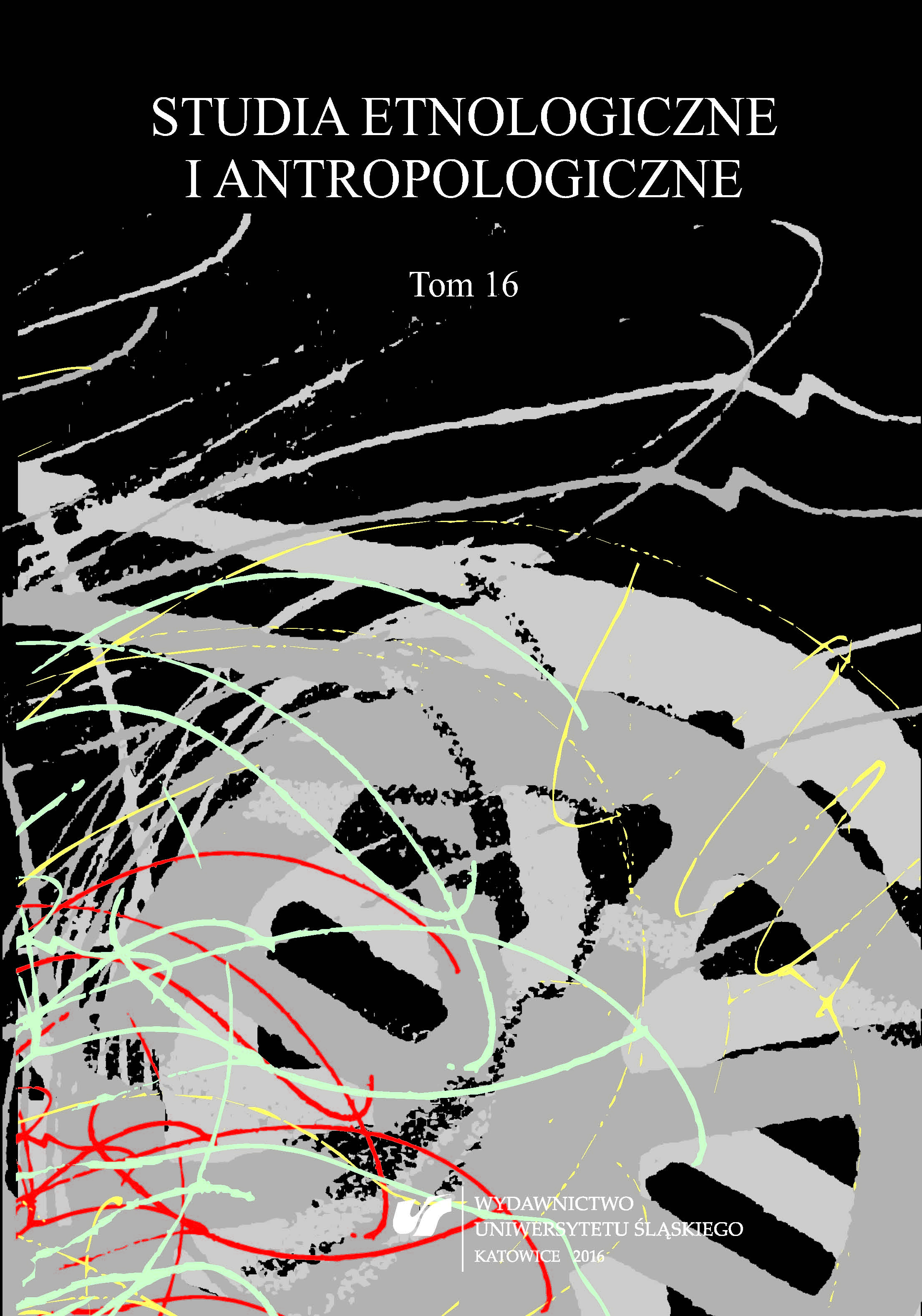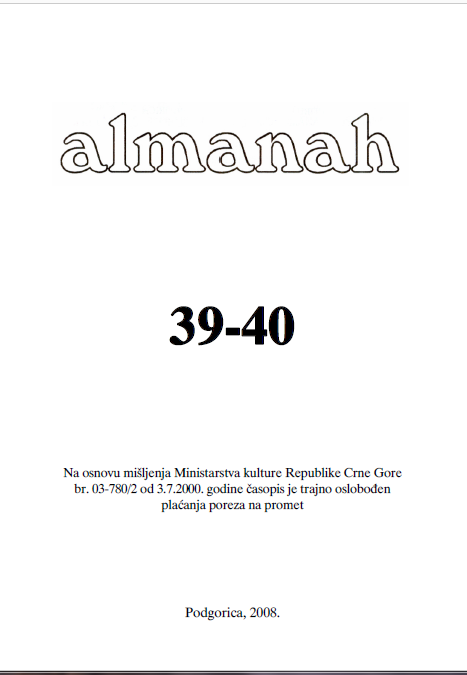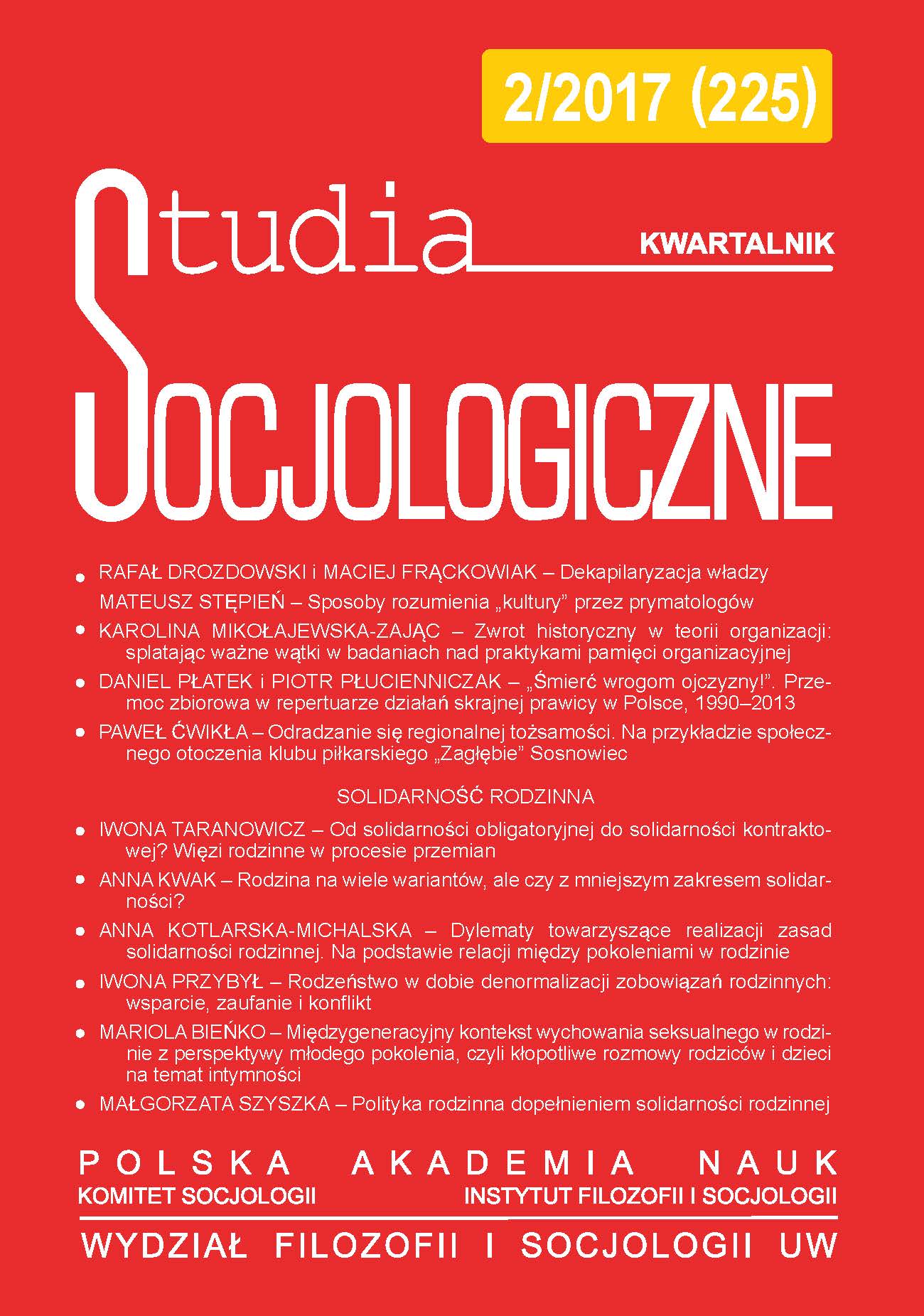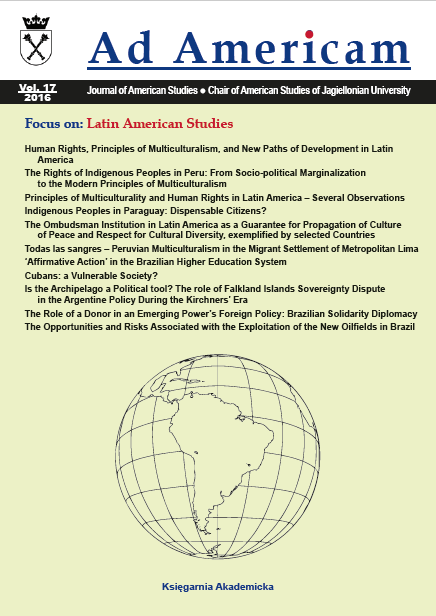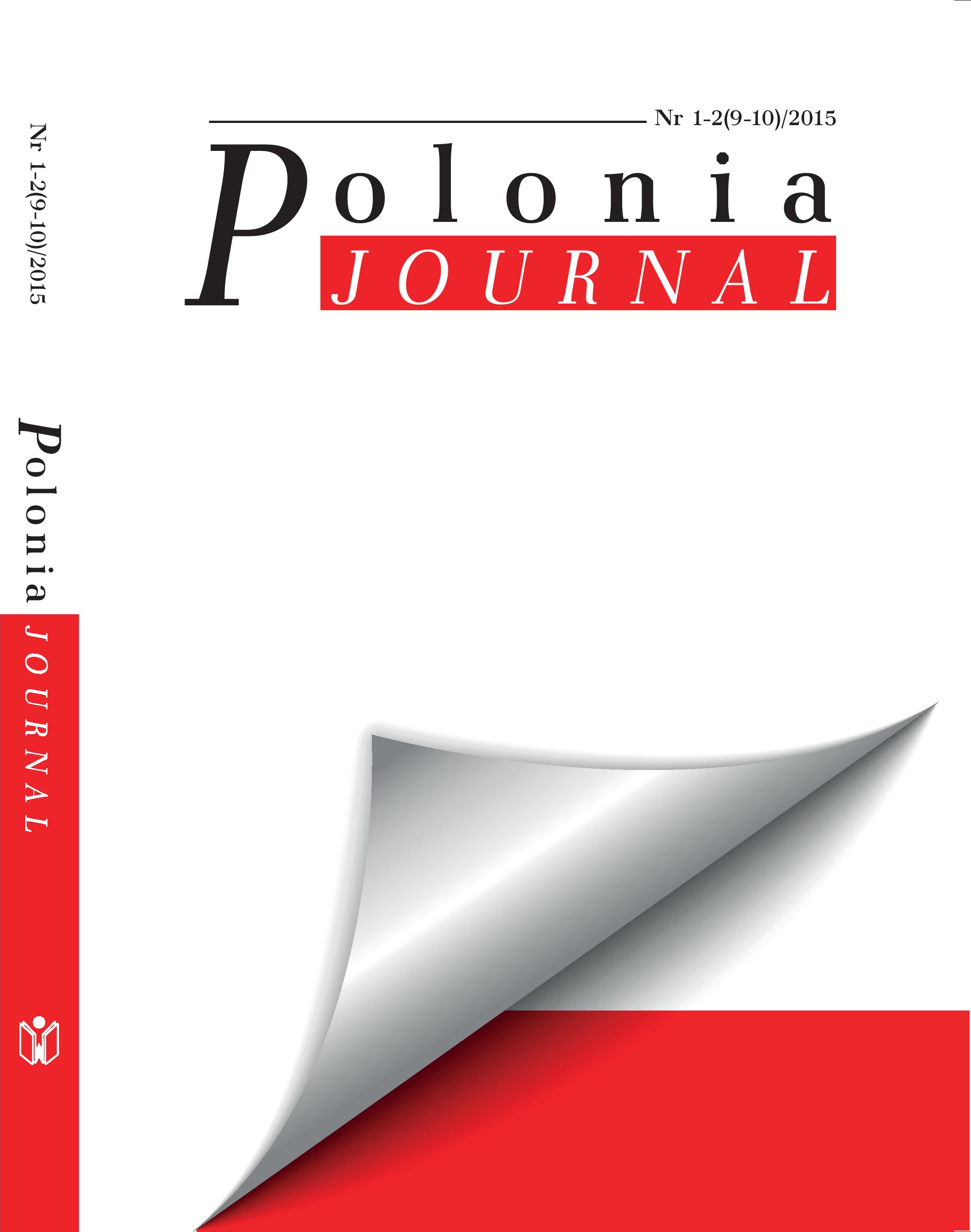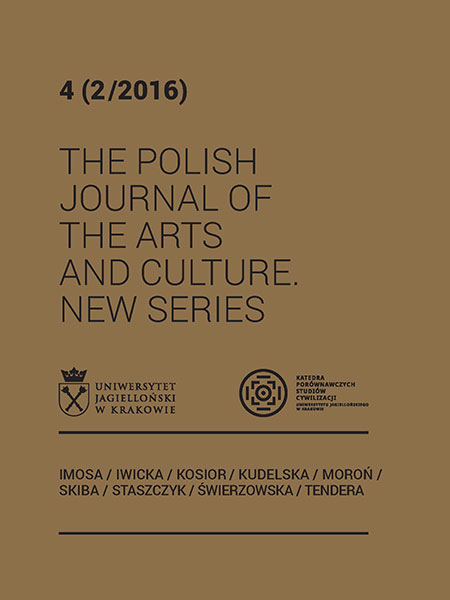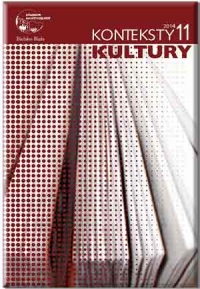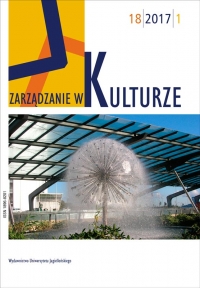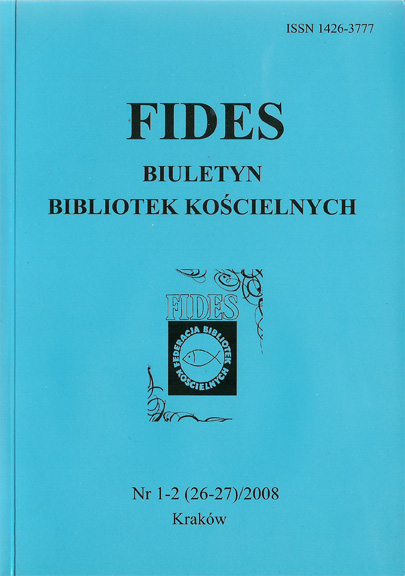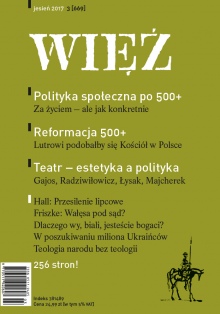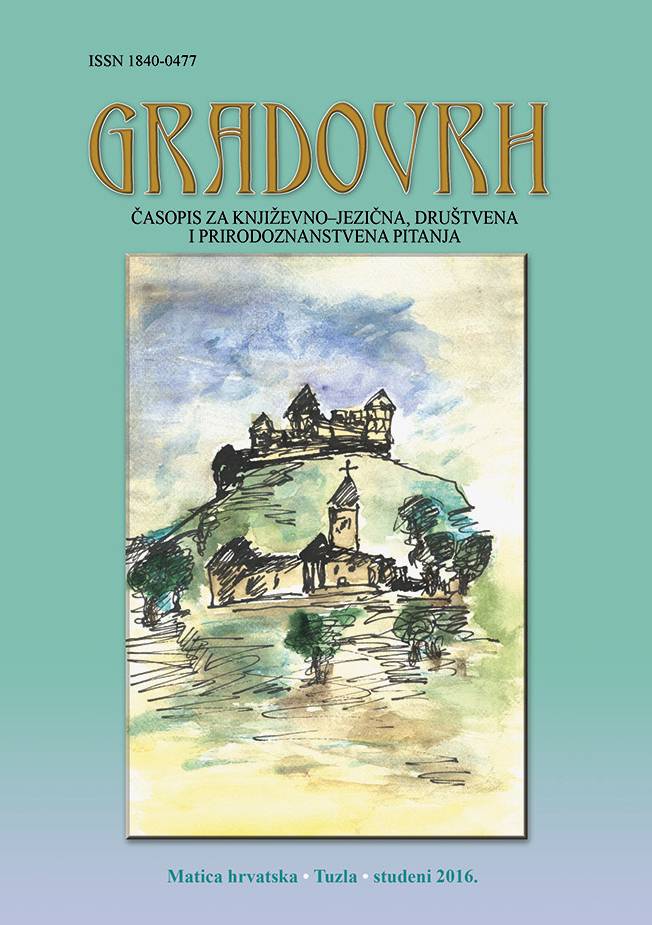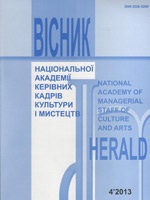Author(s): Srđan Vukadinović / Language(s): Bosnian
Issue: 13/2016
Problems in communication and understanding create a gap within the structure of social change modern age. Value compromise in differences. Any system, including the social structure can function only if there is a degree of mutual fund its constituents, as well as readiness for dialogue. In the dialogue the key to success is a compromise. Within the various substructures of society as two very volatile segment impose the necessity of dialogue, which is in addition to the trust is based on the synthesis of diversity. A variety of identity in an area that represents the diversity and specificity of a particular comparative advantage in social being, compared to other more homogeneous areal. Differences identity of existence is something you can not escape and which is often caused conflicts and conflicts. Conflict to cause misunderstanding diversity of identity is a companion of life events on the South Slavs. In other features of identity are not rarely seen danger to their own existence. The essence of the confrontation of identities in social change can be seen in the conflict, which is the result of certain stereotypes, according to the second or third. In addition, the feature of inter-identity conflict borne of ignorance of the specifics of the cultural identity of other properties. In this sense, the role of media is of great importance. Synthesis of diversity which is demonstrated in conjunction media and identity of the substructure of society is manifested in specific the phrase - culture of peace. Culture of peace in hetoregenous coexistence is something that is constituted on understanding, tolerance, nonstereoty,and above all, the knowledge of otherness. Of course, streotype will exist not only in the past and present, but also in the future. When you add even mitomany in explaining and interpreting inter identitety relations on a seismically active area resulting confusion that culminates destruction and conflict. The fundamental determinant of the culture of peacemakes the education and training, above all, the younger generation not to streotipy mania,but on reflection that respects and appreciates diversity and is based on their own speculative, rational and emotional experience. The resultant basic determinants of the incidence of a culture of peace leads to the synthesis of diversity through the establishment of, and in,the dialogue diversity substructure of society. The essence of social change modernization era is to promote cultural values which transcend divisions, a highlight and emphasize the differences as integration nucleus
More...
